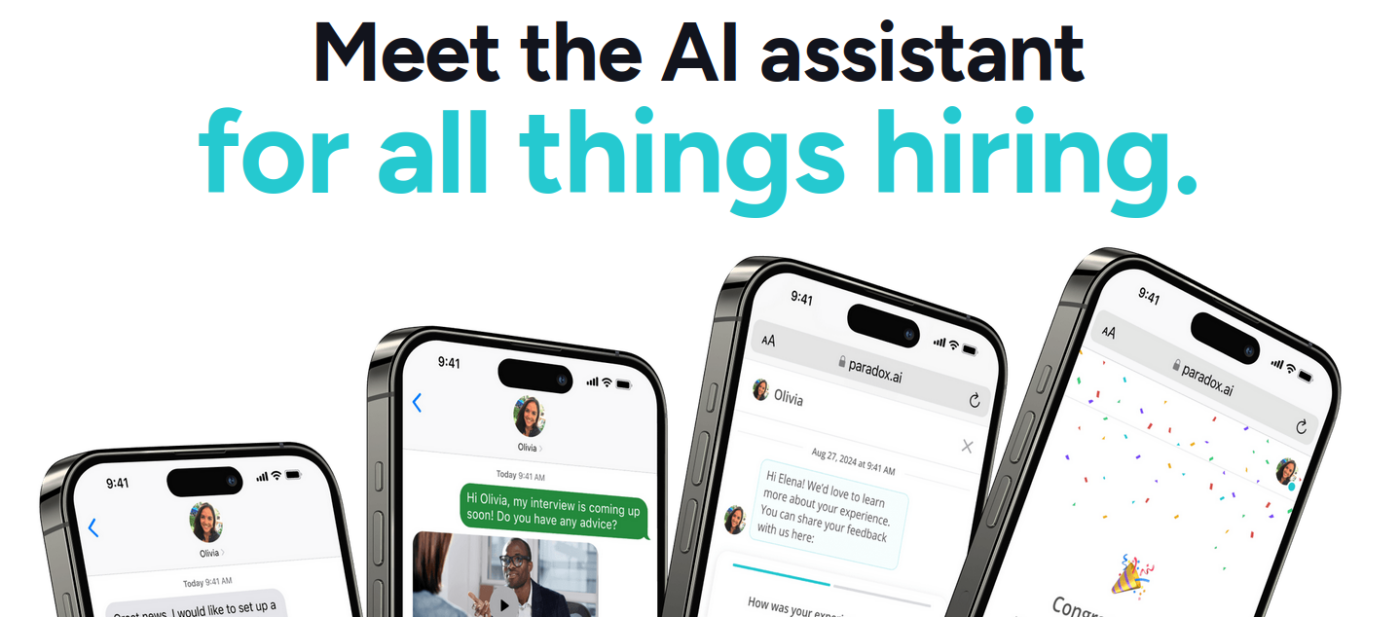Security concerns have once again come to light in the AI recruitment industry. Paradox.ai, a company providing AI-powered hiring chatbots used by major global brands, has been implicated in a significant data exposure incident — and poor password hygiene was at the heart of it.
Security researchers Ian Carroll and Sam Curry revealed that the fast-food giant McDonald’s had used a dangerously weak password — “123456” — to secure a test account on the Paradox.ai platform. This lapse enabled unauthorized access to over 64 million records, including names, email addresses, and phone numbers of job applicants.
Paradox.ai acknowledged the issue, emphasizing that no sensitive data such as Social Security numbers were leaked, and that the compromised account was inactive since 2019. In a public statement, the company insisted the vulnerability only impacted a test environment and claimed no third parties accessed it besides the researchers.
However, further investigation paints a more complex picture.
According to leaked credentials indexed by cyber threat intelligence services, a Paradox.ai developer based in Vietnam recently fell victim to Nexus Stealer malware. This infostealer harvested hundreds of credentials — many of which reused simple, numeric passwords — for both internal systems and external services like Atlassian and Okta.
Alarmingly, some of these credentials granted access to accounts connected to Fortune 500 companies such as Lockheed Martin, Aramark, Pepsi, and Lowe’s. In one case, the password for a company-wide Okta single sign-on account ended with “202506,” likely referencing the date of compromise.
While Paradox.ai claims most of the exposed credentials were outdated or migrated from a previous device, analysis shows the breach had the potential to impact multiple clients due to shared or recycled passwords across critical systems.
Worse still, authentication tokens and cookies were also exposed — some valid until the end of 2025 — which could allow attackers to bypass multifactor authentication protocols.
Although Paradox.ai passed security audits for ISO 27001 and SOC 2 Type II in 2019, the recent exposure suggests gaps in security practices, particularly among remote contractors. The company acknowledged that at the time of the audit, its external collaborators were not bound by the same cybersecurity standards enforced internally — a policy that has since changed.
A review of web activity logs indicates that affected employees had also downloaded pirated media, a common vector for malware disguised as video codecs.
Lessons Learned
This incident reinforces a critical truth: even the most advanced platforms are only as secure as the credentials and devices used to access them. Poor password practices, lack of endpoint protection, and unsecured developer environments continue to expose businesses to unnecessary risks.
For companies investing in AI and automation, ensuring strict credential policies, endpoint monitoring, and employee security training — especially for remote staff — is essential to maintaining trust and safeguarding user data.

 Español
Español













